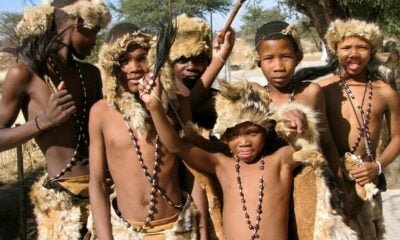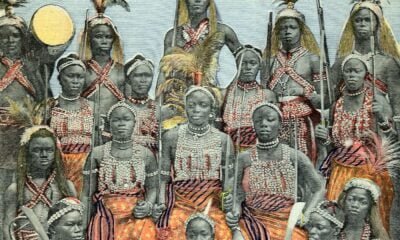People & Culture
The Ovimbundu Of Angola
Published
3 years agoon
By
M N Ridwan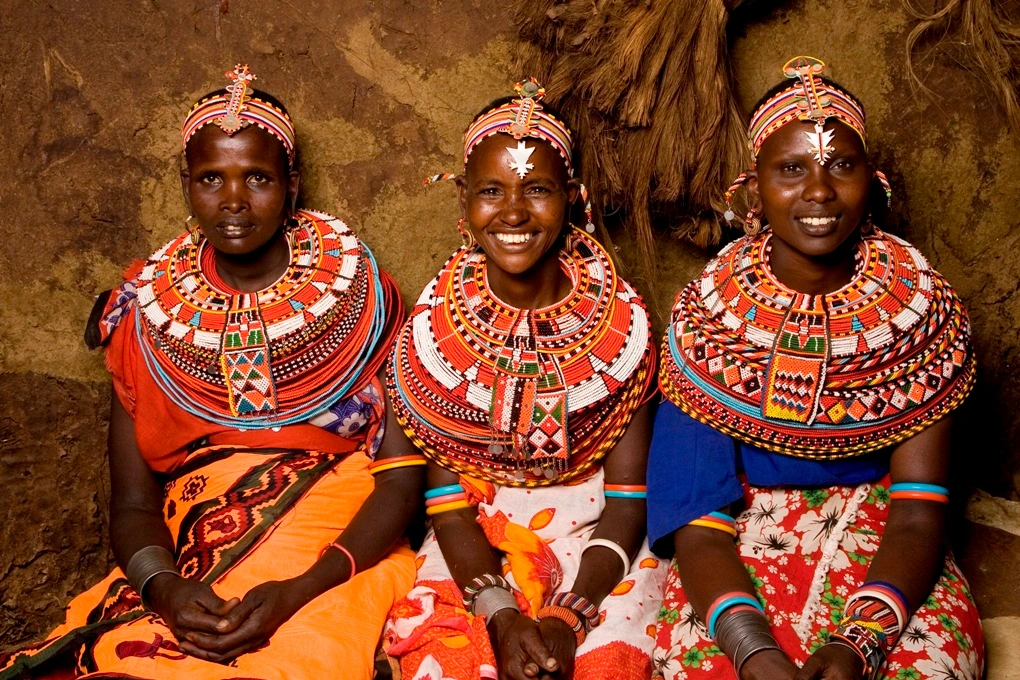
The Ovimbundu are one of the largest ethnic groups in Angola, accounting for approximately 37% of the population.
Their cultural heritage is rich and diverse, encompassing unique traditions, customs, and beliefs that have been passed down through generations. This article provides an overview of the Ovimbundu culture and its significance in Angola.
Language and Religion
The Ovimbundu are primarily Bantu-speaking, and the majority of the population adheres to the Christian faith, with a significant minority following indigenous beliefs. The use of the Portuguese language is also widespread among Ovimbundu, reflecting the country’s colonial history.
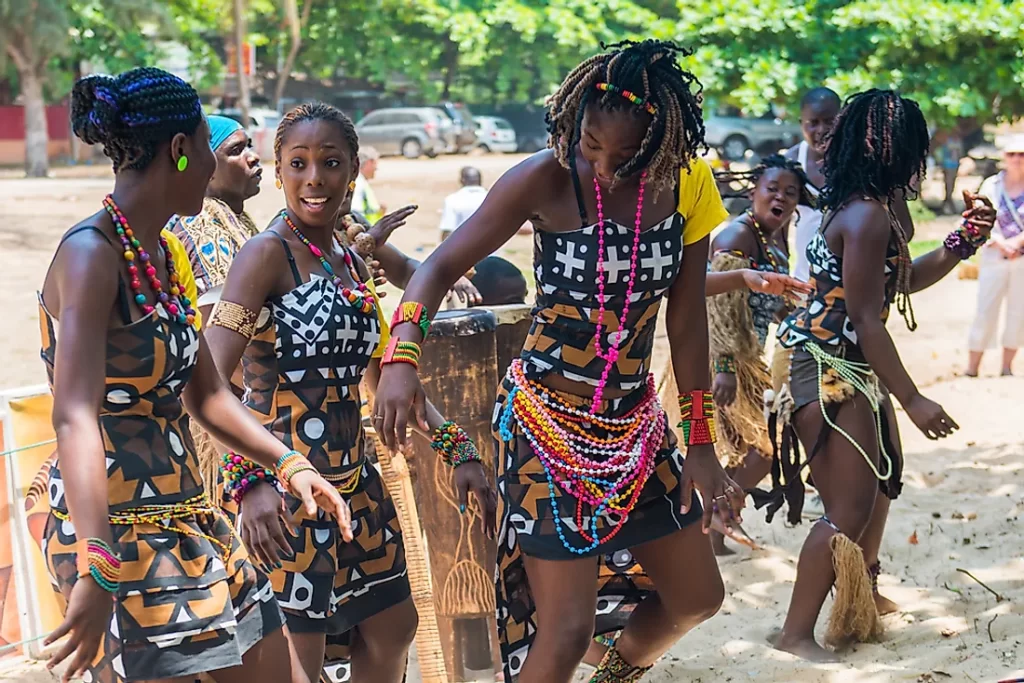
Portuguese was introduced to Angola by the Portuguese colonizers and became the official language in 1975. Today, the Ovimbundu are fluent in Portuguese and use it for business and communication with other ethnic groups in Angola.
Food and Agriculture
The Ovimbundu are predominantly agrarian, and their traditional diet is based on maize, beans, and cassava. These staple crops are grown in the fertile central highlands of Angola and are the foundation of the Ovimbundu diet.
They are typically prepared as porridge, soup, or bread and served with vegetables, fruits, and meats. The Ovimbundu are also known for their love of palm wine, which is a popular drink during social gatherings.
Family and Community
The Ovimbundu have a strong sense of community and place a high value on family and extended family. Family members, especially grandparents, are highly respected, and families are typically large and extended.
The Ovimbundu are also known for their hospitality and warmth, and visitors are always welcomed with open arms.
Arts and Music
The Ovimbundu have a rich cultural heritage, and the arts play a significant role in their lives. They are particularly renowned for their textiles, which are hand-woven using traditional techniques passed down through generations. These textiles are used to create clothing, bedding, and other household items, and are considered works of art.

Music is also an important part of Ovimbundu culture, and traditional songs and dances are performed during festivals and special occasions. The music is typically performed by a choir and is accompanied by instruments such as drums, horns, and maracas.
The Ovimbundu are also known for their love of traditional storytelling, and these stories are passed down from one generation to the next.
Festivals and Celebrations
The Ovimbundu celebrate a number of traditional festivals and celebrations, including the Nkumbi ceremony. The Nkumbi ceremony is a coming-of-age rite for young Ovimbundu men and is marked by dancing, singing, and the exchange of gifts.
The Ovimbundu also celebrate the Umgido festival, which marks the beginning of the agricultural season. This festival is marked by the planting of crops and is a time of great joy and celebration for the Ovimbundu people.
Conclusion
The Ovimbundu culture is an integral part of Angola’s rich cultural heritage. Their traditions, customs, and beliefs have been passed down through generations and provide a unique insight into the lives of the Ovimbundu people.
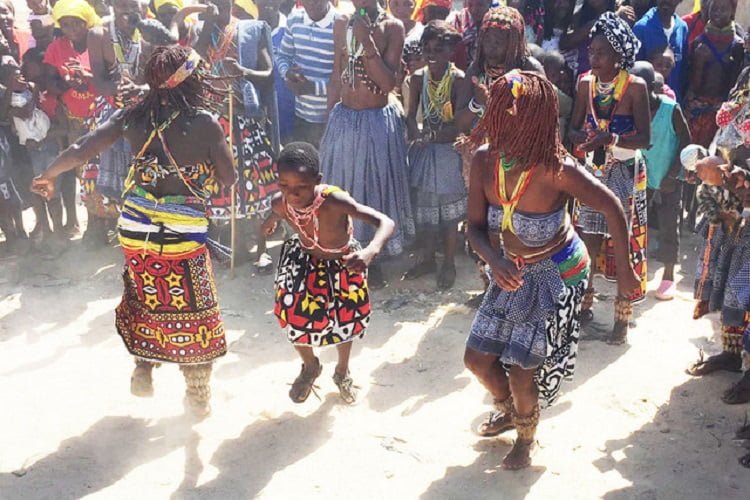
Their love of the arts, music, and storytelling, combined with their strong sense of community and hospitality, make Ovimbundu a vibrant and important part of Angola’s cultural landscape.
Whether you are an Angola resident or a visitor, the Ovimbundu culture is a must-see and experience, providing a glimpse into the rich and diverse cultural heritage of one of Africa’s most dynamic countries.

